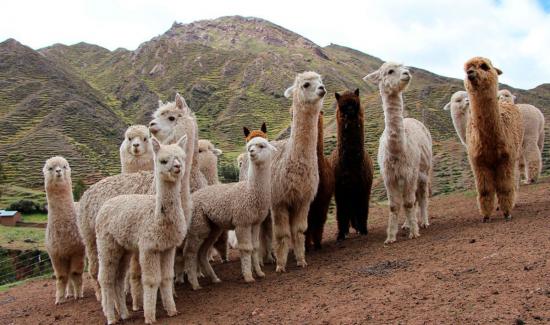Fair Trade: Building a More Ethical and Sustainable Future
Fair trade is more than just a business model; it is a global movement aimed at transforming economic relationships to ensure fairer conditions for small producers and workers. As consumers become more aware of their purchasing decisions, fair trade has emerged as an ethical alternative that prioritizes social justice, sustainability, and empowerment.
In this blog, we will explore what fair trade is, how it works, and the benefits it brings to producers, businesses, and consumers.

What is Fair Trade?
Fair Trade is a commercial system based on principles that ensure fair prices, safe working conditions, environmental sustainability, and respect for the rights of workers and producers. Instead of focusing solely on economic profit, fair trade promotes an equitable distribution of value throughout the supply chain.
Fair trade standards include:
- Fair prices: Producers receive payment that covers production costs and allows for a dignified life.
- Decent working conditions: Child and forced labor are prohibited, and safe and fair working environments are promoted.
- Environmental sustainability: Responsible use of resources and agricultural or production practices that protect the environment are encouraged.
- Community empowerment: Part of the revenue is reinvested in community projects such as education and healthcare.
Benefits of Fair Trade
Success Stories: Fair Trade in Action
A notable example is the impact of fair trade in the textile industry. Companies like Tejidos Peruanos apply standards that ensure the ethical and sustainable production of garments made from noble materials such as alpaca and organic cotton. In addition to offering fair prices to producers, these companies invest in community projects, supporting education and local development.
Why Choose Fair Trade?
Fair trade is a powerful tool for reducing inequality, protecting the environment, and ensuring that the most vulnerable producers receive the benefits they deserve for their work. In a world where global challenges such as climate change and social inequality are worsening, fair trade offers a path toward a more equitable future.

